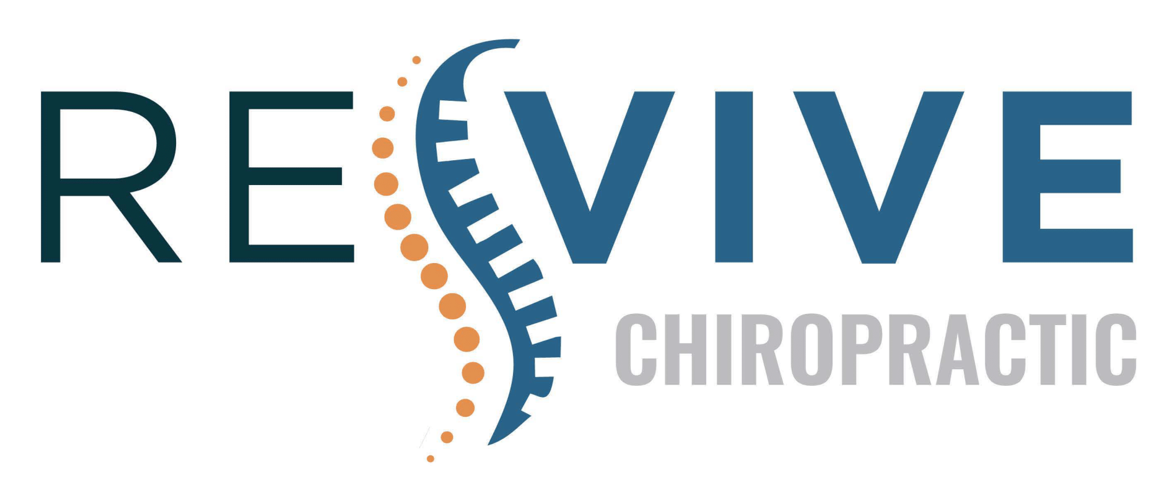When you experience a sports injury, it's easy to think you can tough it out or self-treat, but seeking professional help can make a significant difference in your recovery. Not only can experts provide a proper diagnosis, but they also tailor a rehabilitation plan that suits your specific needs, helping you bounce back faster and safer. In addition, addressing the mental challenges that often accompany injuries is equally important. So, what are the key reasons you shouldn't overlook this essential step in your recovery process?
Preventing Further Injuries
Preventing further injuries is essential for anyone recovering from a sports-related setback. When you're in the midst of healing, it's easy to push yourself too hard or ignore warning signs. You might feel enthusiastic to return to your sport, but rushing back can lead to more damage. Instead, prioritize taking the necessary steps to protect your body.
First, listen to your body. Pay attention to any pain or discomfort during your recovery. If you feel something isn't right, don't hesitate to consult a professional. They can help identify the root cause and provide guidance on how to avoid exacerbating the issue. Following their advice is imperative for ensuring a safe return to your sport.
Next, focus on strengthening the affected area. Incorporating targeted exercises into your rehabilitation program can help you build resilience and stability. This not only prepares your body for future activities but also helps prevent similar injuries down the line.
Additionally, consider modifying your training regimen. You may need to adjust your workout intensity, duration, or frequency until you're fully healed. This approach allows your body to adapt gradually, reducing the risk of overloading your muscles and joints.
Finally, don't skip any recommended rest days. They're essential for recovery and play a key role in preventing re-injury. Give yourself permission to take breaks; they're an integral part of the healing process.
Accelerating Recovery Time
To speed up your recovery time from a sports injury, it's important to adopt a proactive approach. First, listen to your body. If you're experiencing pain or discomfort, don't push through it. Rest is vital for healing, so give yourself the time needed to recover fully.
Next, consider incorporating gentle rehabilitation exercises as soon as your doctor approves. These exercises can enhance blood flow to the injured area, promote healing, and prevent stiffness. Focus on mobility and strength-building movements that target the affected region without exacerbating your injury.
Nutrition also plays a significant role in recovery. Make sure you're consuming a balanced diet rich in proteins, vitamins, and minerals. Foods high in antioxidants, like fruits and vegetables, can help reduce inflammation and speed up healing. Staying hydrated is equally important, as it supports overall bodily functions, including tissue repair.
Additionally, utilizing proper recovery techniques can make a difference. Techniques such as ice therapy can reduce swelling, while heat therapy may aid in relaxing tight muscles. Massage therapy can also be beneficial, helping to relieve tension and improve circulation around the injury site.
Lastly, don't hesitate to seek professional help. Physical therapists can provide personalized rehabilitation programs tailored to your injury, making certain you recover safely and effectively.
Proper Diagnosis and Treatment
Getting a proper diagnosis is essential for effectively treating sports injuries. Without it, you risk overlooking the root cause of your pain or discomfort, potentially leading to improper treatment and prolonged recovery. When you seek professional help, a qualified specialist can conduct thorough assessments, including physical examinations and imaging tests, to pinpoint the exact nature of your injury.
Once your injury is accurately diagnosed, your treatment options can be tailored specifically to your needs. This personalized approach guarantees that you're not just addressing symptoms but also working towards a full recovery. Common treatment methods can include physical therapy, medication, or even surgical interventions, depending on the severity of your injury. By following a structured treatment plan, you increase your chances of returning to your sport stronger and more resilient.
Moreover, improper treatment can lead to chronic issues or re-injury, which can sideline you for even longer. Seeking help allows you to take proactive steps in your healing journey, guaranteeing that you're not just treating the pain but also understanding the mechanics behind it.
In addition, a proper diagnosis often provides valuable insights into how to prevent similar injuries in the future. By understanding your body and its limitations, you can make informed decisions about training and recovery.
Ultimately, investing time in getting a proper diagnosis and treatment not only aids in recovery but also enhances your overall athletic longevity. Don't let an untreated injury hold you back—seek the help you need today.
Enhancing Athletic Performance
Beyond just recovering from injuries, seeking professional help can greatly enhance your athletic performance. When you work with trained specialists, they can identify weaknesses in your technique and overall physical condition. By addressing these areas, you'll not only prevent future injuries but also improve your efficiency in your sport.
Professional guidance provides you with tailored training programs designed specifically for your needs. These programs take into account your current fitness level, goals, and any past injuries, ensuring that you progress safely. As you work on enhancing your strength, flexibility, and endurance, you'll notice a significant improvement in your overall performance.
Additionally, professionals can introduce you to advanced recovery techniques that help your body heal faster and perform better. Techniques like sports massage, physical therapy, and proper nutrition plans can optimize your recovery time, allowing you to train harder and more effectively.
Moreover, seeking help can also boost your mental game. Experts can teach you strategies to manage stress, build confidence, and maintain focus during competitions. By honing your mental skills alongside your physical training, you'll be better equipped to handle the pressures of high-stakes situations.
In short, investing in professional help isn't just about fixing injuries; it's about realizing your full potential as an athlete. By focusing on both your physical and mental capabilities, you'll find yourself performing at levels you never thought possible.
Accessing Expert Guidance
When you face a sports injury, getting expert guidance can make a huge difference.
A professional assessment helps pinpoint the exact issue, while a tailored rehabilitation plan guarantees you recover effectively.
This approach not only speeds up healing but also equips you with strategies to prevent future injuries.
Professional Assessment Benefits
Seeking professional assessment for sports injuries offers a crucial advantage in your recovery journey. When you consult an expert, you gain access to their specialized knowledge and experience, which can greatly impact your healing process.
These professionals can accurately diagnose your injury, helping to identify the root cause rather than just treating the symptoms.
With a proper assessment, you'll receive insights into the severity of your injury and the potential timeline for recovery. This clarity can alleviate anxiety and give you a realistic expectation for getting back to your sport. Additionally, understanding your injury helps you avoid making it worse by pushing through pain or ignoring warning signs.
Experts can also provide immediate recommendations for pain management and injury care, ensuring you start your recovery off on the right foot. They often utilize advanced technology and techniques to assess your condition, which can lead to more effective treatment strategies.
Tailored Rehabilitation Plans
A personalized rehabilitation plan can make all the difference in your recovery from a sports injury. When you work with a qualified professional, you'll receive a tailored approach that addresses your specific needs, injury type, and recovery goals. This means you won't waste time on ineffective exercises or strategies that don't suit your condition.
Your rehabilitation plan will likely include a mix of physical therapy, strengthening exercises, and flexibility training. This targeted approach helps you regain strength and mobility while minimizing the risk of re-injury.
Plus, regular check-ins with your healthcare provider guarantee that your progress is monitored, allowing for adjustments based on how you're healing.
Accessing expert guidance also means you'll learn how to prevent future injuries. A professional can teach you proper techniques for your sport, helping you build a solid foundation for your return.
With a personalized plan, you're not just recovering; you're preparing to perform at your best.
Mental Health Benefits
Sports injuries can take a toll on your mental health, often leading to feelings of frustration, anxiety, or isolation. When you can't participate in the activities you love, it's easy to feel disconnected from your teammates or peers. Seeking help for your injury doesn't just address the physical aspects; it also provides crucial mental health benefits that can improve your overall well-being.
By working with a professional, you can gain access to not just physical rehabilitation but also emotional support. They'll help you navigate the emotional rollercoaster that often accompanies recovery. This support system can reduce feelings of anxiety and depression, allowing you to focus on your healing journey.
Engaging in sport-specific rehabilitation can also foster a sense of purpose and motivation. You'll set goals and celebrate achievements, no matter how small, which can boost your self-esteem and reinforce a positive mindset. This process keeps you connected to your sport and helps you visualize your return, providing a sense of assurance that you can overcome this challenge.
Additionally, talking about your feelings with a therapist can help you develop coping strategies and a stronger mindset, enabling you to tackle not only the injury but also future obstacles.
Conclusion
Injuries can sideline you, but seeking professional help is key to getting back in the game. By preventing further injuries, speeding up recovery, and ensuring proper treatment, you'll not only heal but also enhance your performance. Don't underestimate the value of expert guidance and the mental health benefits that come with it. By prioritizing your recovery, you set yourself up for a stronger, more resilient return to your sport. Take that step and invest in your health today!



